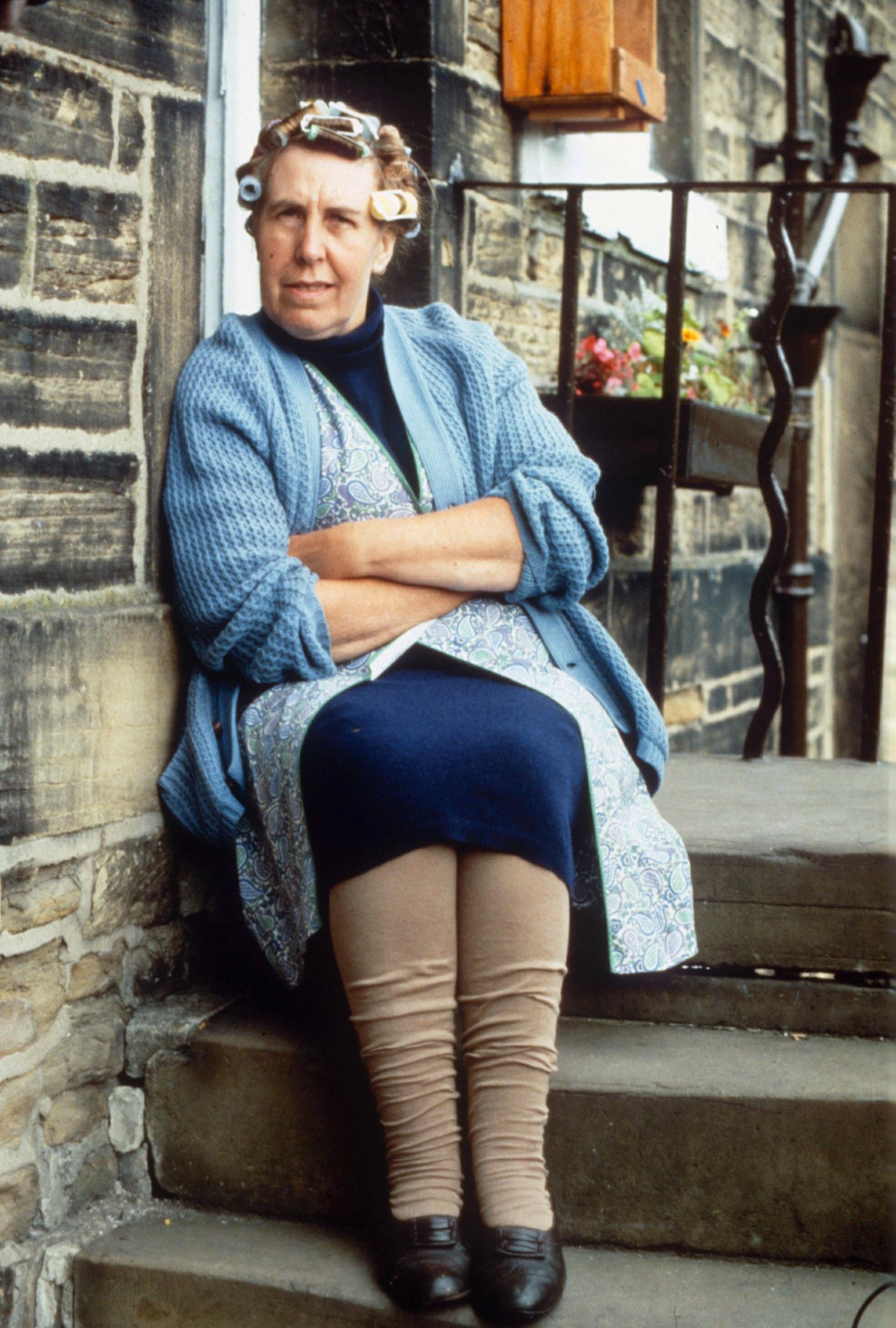For a generation of Last of the Summer Wine fans, Nora Batty epitomised northern womanhood — hair perpetually in curlers, stockings wrinkled, husband under her thumb.
But an osteopath has learnt the hard way at a disciplinary panel hearing that flippantly comparing a patient to the iconic character from the long-running BBC sitcom amounts to “unacceptable professional conduct”.
Peter Rees, an osteopath based at a clinic in Stourbridge, was said to have referred to a woman patient by the name of the character played by Kathy Staff, renowned for her jousting with thwarted suitor Compo, who she routinely saw off with a broom.
The complaint regarding Rees was heard by the conduct committee of the General Osteopathic Council, which ruled that he had made the Nora Batty quip during an appointment.
It found that the “inappropriate” comment was “pejorative” — and also found Rees guilty of performing a clinically unjustifiable manipulation of the patient’s spine.
Rees’s actions were found to have been a “serious departure” from the standards required of the profession.
During the hearing, the committee was told that Rees was a 40-year veteran of the profession, who had an appointment with a new client in 2022.
The woman, referred to at the hearing as Patient A, sought treatment for lower back pain.

Nora Batty was played by Kathy Staff
SHUTTERSTOCK
Rees was said to have made the Nora Batty comment at the first appointment, which she told the hearing suggested to her that “he was not empathetic”. But despite Rees’s remark, the woman gave the osteopath the “benefit of the doubt” and returned for a second appointment.
Osteopaths treat muscles and joints — they are not doctors but are graduates and have up to 1,000 hours of clinical training before qualification.
At that session, Rees was said to have mobilised and manipulated the patient’s spine, which resulted in a loud crack and the woman “crying out in pain”.
Patient A told the hearing that she had said to Rees that the manipulation was painful, but he ignored her complaint and was “nonchalant and unconcerned”.

Rees admitted unacceptable conduct
The disciplinary panel was told that three days later the woman was still in pain and went to hospital, where an X-ray showed that her right clavicle had been fractured.
After that diagnosis, Patient A complained to Rees’s professional body.
Rees admitted unacceptable professional conduct including that he had referred to her as Nora Batty and performed the spinal manipulation which was not “clinically justified”.
The committee was told that since the complaint, Rees had undertaken “bespoke training” with a doctor to improve his practice.
Nonetheless, it ruled that Rees’s behaviour had been a “serious departure” from the standards required and that he had caused harm to the patient.
According to the panel, Rees had “ignored or disregarded complaints of pain by Patient A and had provided inappropriate treatment that resulted in harm to her”.
But it also found that the incident was an isolated case in a long career and that an admonishment, effectively a warning, was a sufficient sanction.
